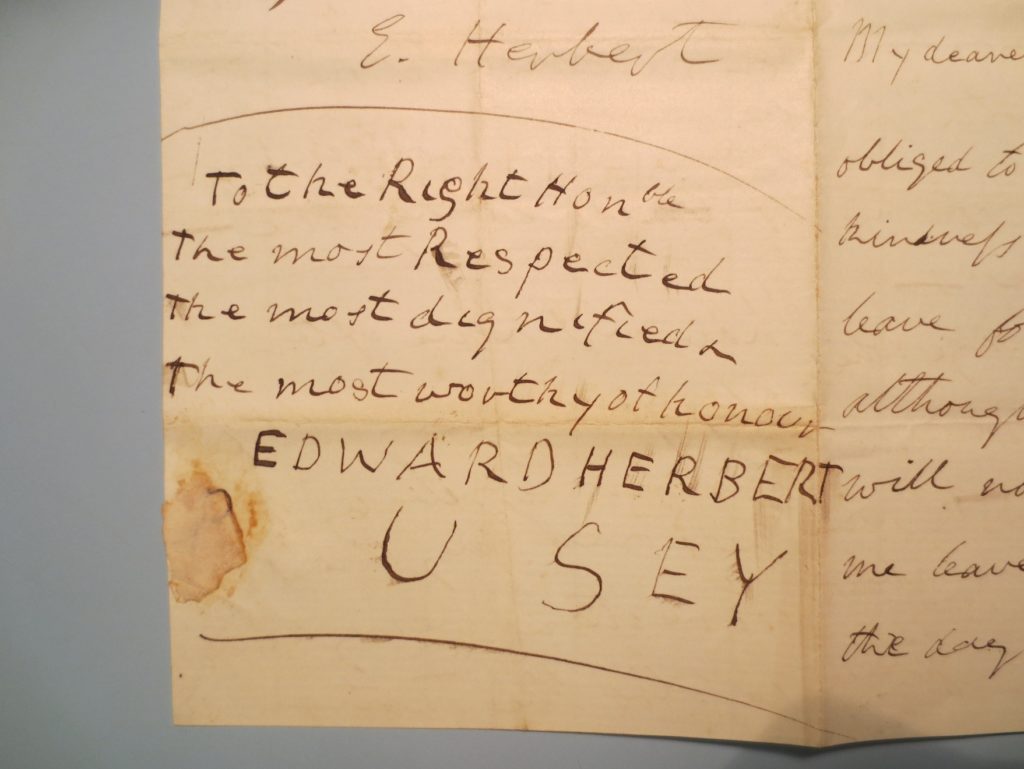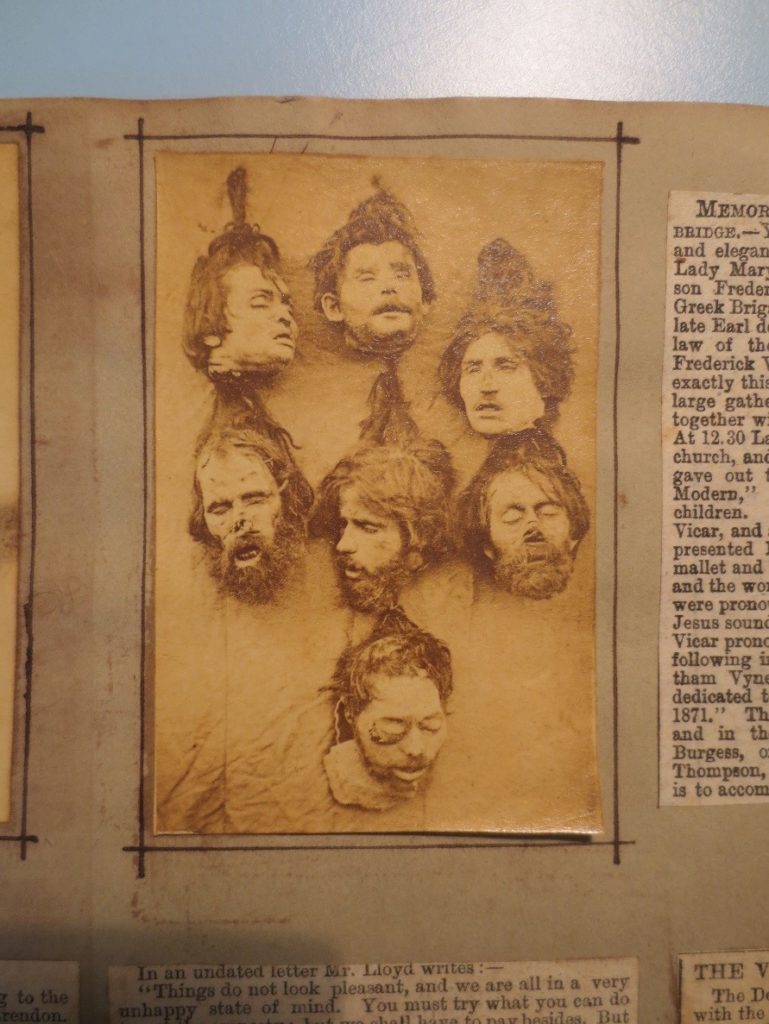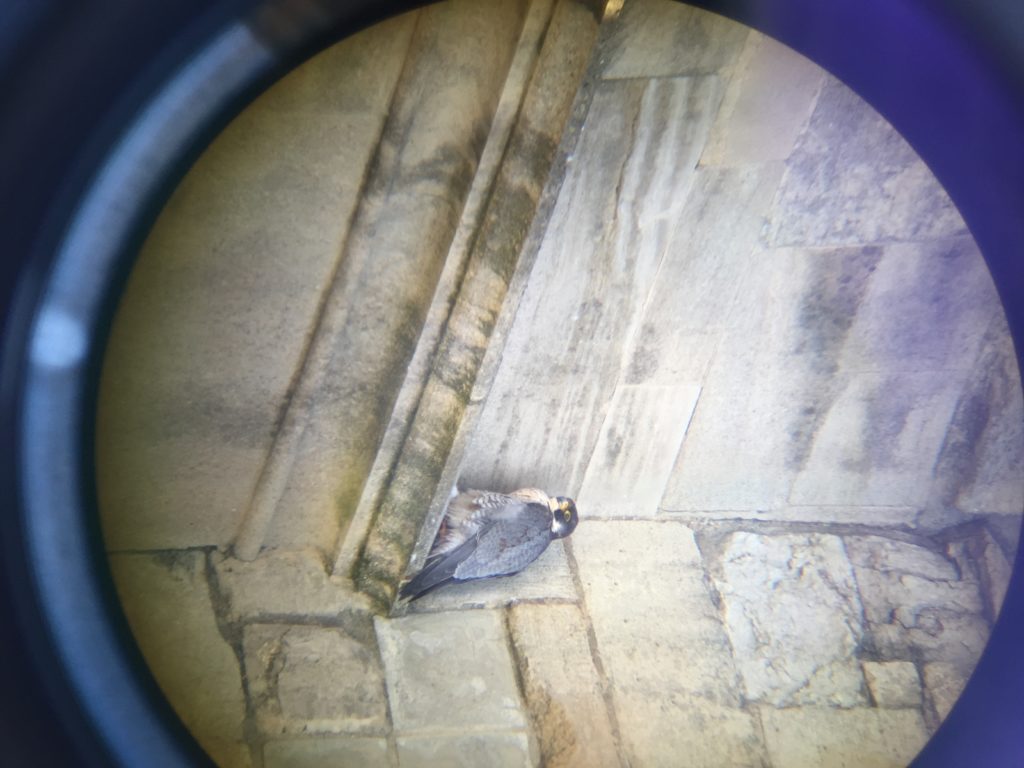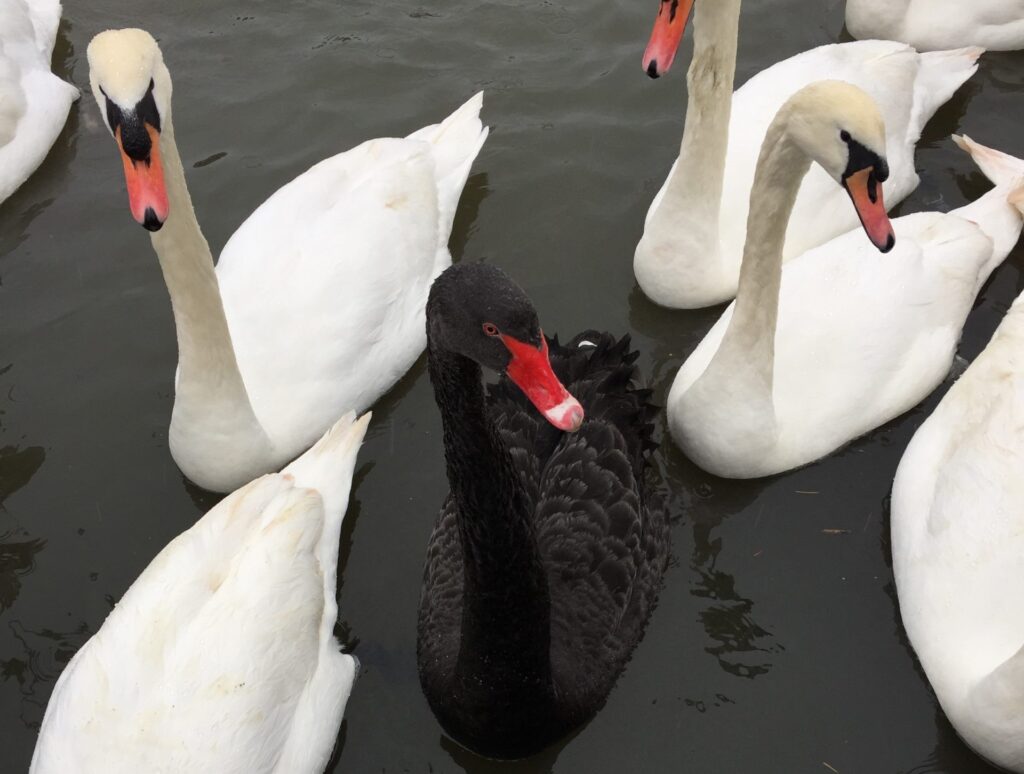Abominable Eton
On 25 October 1851, 13 year old Edward Henry Charles Herbert wrote to tell his mother of a fair in Windsor. Visiting the fair would be an excellent opportunity to escape Eton, a place he refers to as an ‘abominable hovel of a hole’.
However, he is hesitant.
Masters and 6th formers are deployed to catch any free roaming Lower Boys in search of festivities. If caught by a Master he would be flogged and turned down a form, simply ‘a great bore’ in Herbert’s books. Worse still, a 6th former would inflict lines of Virgil on him.
Weighing up the odds, it’s a risk he’s willing to take.
From his letters it is easy to imagine Herbert as the epitome of a Victorian teenager. His main grievances: having ‘drunk not beer nor wine’ and having eaten neither ‘apple tart nor clotted cream, nor any second course at dinner’. Consequently he states ‘I detest Eton, I abominate it.’
Despite the difficulties Herbert felt in these early days, he did well at Eton. At one point he worked so hard to impress his Master and Tutor that he tried to ignore a fever. He soon settled in, winning a series of prizes, he progressed well through the school and received a scholarship to Oxford.

Letter addressed by Edward Herbert to his father, c.1851. (ED/354)
This series of letters, written by Herbert in the early 1850s, provides an interesting first-hand account of life at Eton during the mid-Victorian era. As a stark contrast, the Eton archive also holds the newspaper reports from his untimely death. His struggles at Eton were nothing compared to what was to come.
Held To Ransom
On Monday 11 April 1870, Herbert joined a group of seven other tourists on a day trip to the site of the Battle of Marathon.
As they travelled through the mountains, they were ambushed by a band of brigands, who demanded one million drachma and amnesty for their safe release.
A Brutal Murder
The captives were not treated poorly. Another Old Etonian, Frederick Grantham Vyner, reportedly ran races and tossed boulders with his captors.
However, the Greek government refused to grant amnesty to the captors. Instead they planned a siege. The group were located and surrounded and in the confusion and panic, one by one Edward Herbert and his companions were shot dead.
Not long afterwards the brigands were themselves captured. The Greek government made an example of them, executing them and putting their heads on public display.
Herbert’s body returned to his ancestral home of Highclere Castle and was laid to rest by the friends and family who were so often mentioned in his letters.
International Tension
The incident was to be known as the Dilessi Massacre. It shook the country and was widely reported across Europe. Emotional speeches were made in Parliament by friends and relatives of the victims, who all spoke out against the Greek government and their ill-planned rescue.
These sentiments were felt across the country and even by Queen Victoria. The episode severely tested the relationship between Britain and the young Greek state, whose independence Britain had helped to attain.

By Georgina Robinson, Archives Assistant



